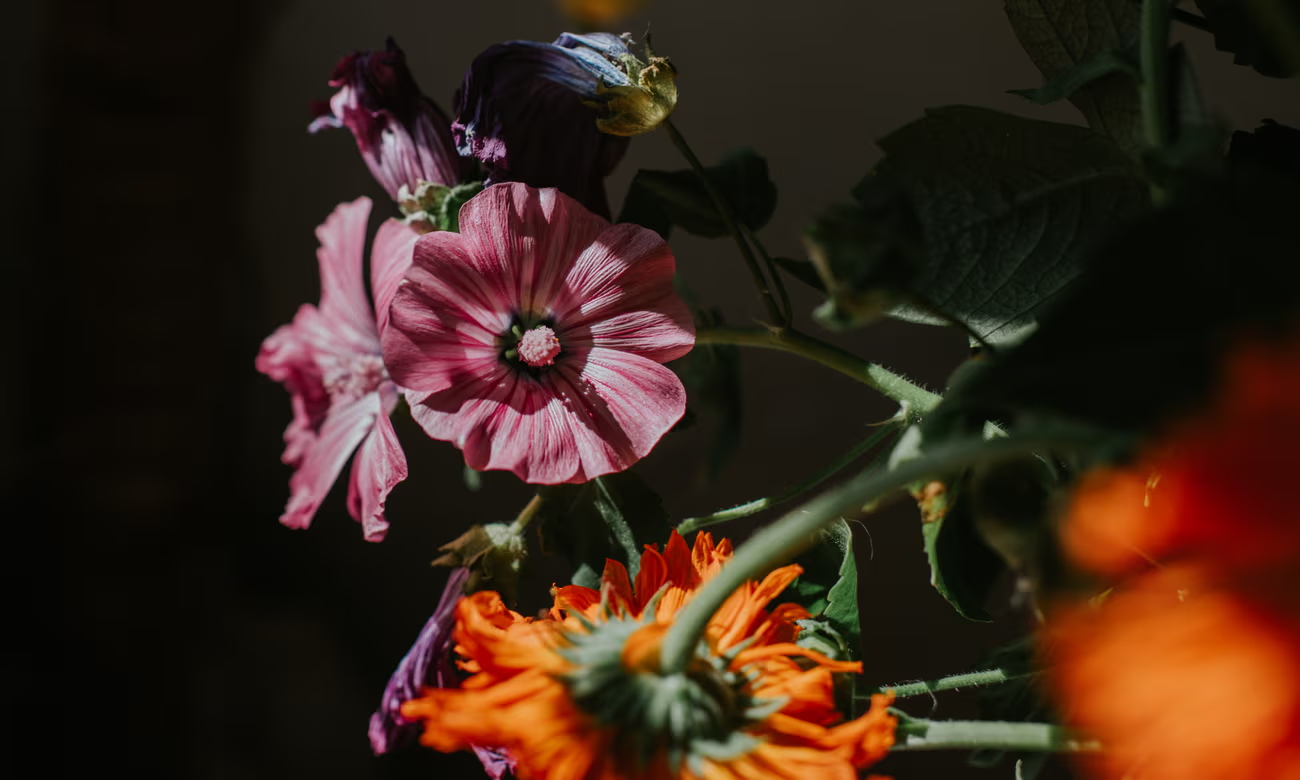
The Consciousness of Plants: A New Frontier in Rights and Intelligence
In a thought-provoking article from The Guardian, the question of whether plants should be granted rights is explored in light of recent botanical breakthroughs. The piece delves into the fascinating world of plant behavior research, revealing that plants are far more complex and capable than we’ve traditionally believed.
Researchers have discovered that plants can communicate with each other about threats, manipulate animals to their advantage, and even react to the sounds of predators. Remarkably, some plants have the ability to count, such as the Venus flytrap, which counts the number of times its trigger hairs are flicked before closing on prey to ensure it’s not a false alarm.
The article also highlights how plants can adapt their behavior strategically. For example, tomatoes can change the chemistry of their leaves to encourage caterpillars to eat each other rather than the plant itself. A climbing plant in Chile can mimic the leaves of neighboring plants to blend in and avoid detection.
These findings have led to a broader discussion about consciousness and rights for non-human entities. Previously, a group of biologists and philosophers expanded the “realistic possibility of consciousness” list to include various invertebrates and all vertebrates. Now, the debate is extending to plants, challenging our perceptions of intelligence and the necessity of a brain for consciousness.
The Guardian’s piece is a compelling call to reconsider our understanding of plant life and the potential need to extend rights to these living organisms that exhibit signs of intelligence and conscious behavior.
The author’s new book The Light Eaters: How the Unseen World of Plant Intelligence Offers a New Understanding of Life on Earth by Zoë Schlanger is published by 4th Estate.
Read the article Should plants be given rights? What new botanical breakthroughs could mean, by Zoë Schlanger, The Guardian, May 4, 2024.
